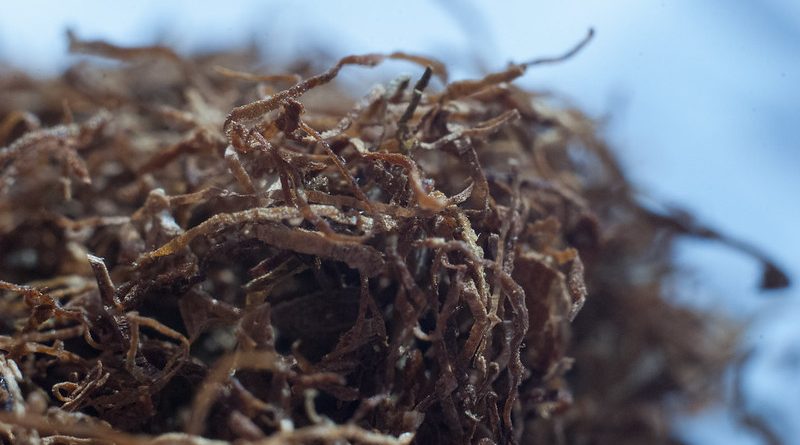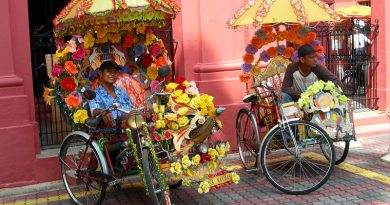Tobacco: A Virginia Story
More than any other crop or industry, tobacco shaped the development of Virginia and provided more income in Virginia than any other farm crop until the 21st Century.
Virginia colonists saw the Native Americans growing tobacco and, from 1613, the colonists quickly adopted tobacco as their primary mechanism of getting wealthy. There started a ‘gold-rush type boom that lasted through the 1620s.
The robust society that soon grew up around the cultivation of tobacco did have its undeniably horrific elements—indentured servants were brutally exploited, and by the middle of the seventeenth century slavery and the racism that continues to plague America had taken deep root. However,it also offered almost unique opportunities for seventeenth-century Englishmen born into poverty to achieve individual economic advancement; to some extent, the vision of upward mobility later idealized as “the American Dream” was born at Jamestown.
The Claude Moore Colonial Farm in Virginia is a working farm, which produces tobacco as well as other crops. Volunteers manage the farm as if it were 1771. Visitors can get involved in all aspects of the tobacco harvest, 18th century style.
As one visitor wrote; “A visit to the Claude Moore Colonial Farm is a visit to another world …the world of an 18th Century family living on a small, low-income farm just prior to the Revolutionary War”
Piedmont Warehouse in Virginia has opened its doors to tobacco auctioning once again, after a nearly 40 year gap. For owner Harry Lea, it’s a resurrection of a family business. “I guess, once Tobacco gets in your blood, it never gets out of it,” says Lea, who ran a tobacco auction company called Piedmont Warehouse for decades.
Auctions disappeared when the tobacco industry moved to a contract system. Instead of selling their leaves to the highest bidder, growers now market their crop directly to companies. Inevitably this means that growers plant more tobacco than they need and end up with excess tobacco. Unlike in the past, Piedmont now only sells excess, unwanted and specialty tobacco. Lea says it’s a way for growers to profit from leaves that would normally go to waste.




